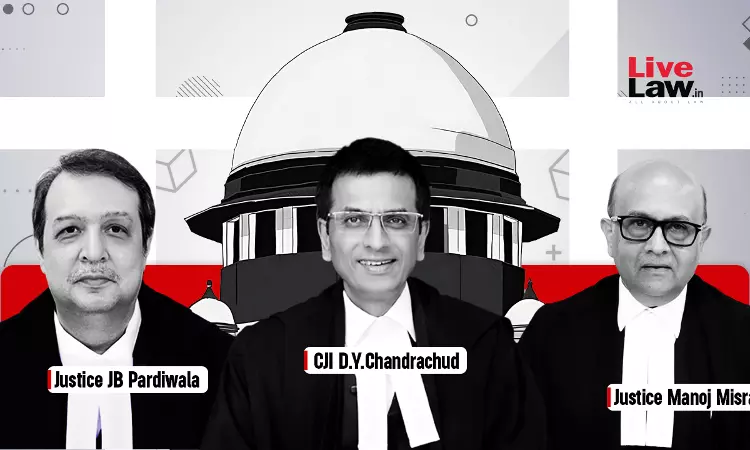Governor Can't Veto Legislature By Simply Withholding Assent To Bill; Must Return Bill To Assembly On Withholding Assent : Supreme Court
LIVELAW NEWS NETWORK
23 Nov 2023 8:19 PM IST

The Governor, as an unelected Head of the State, cannot thwart the normal course of lawmaking by the State Legislatures, Court said.
Next Story


